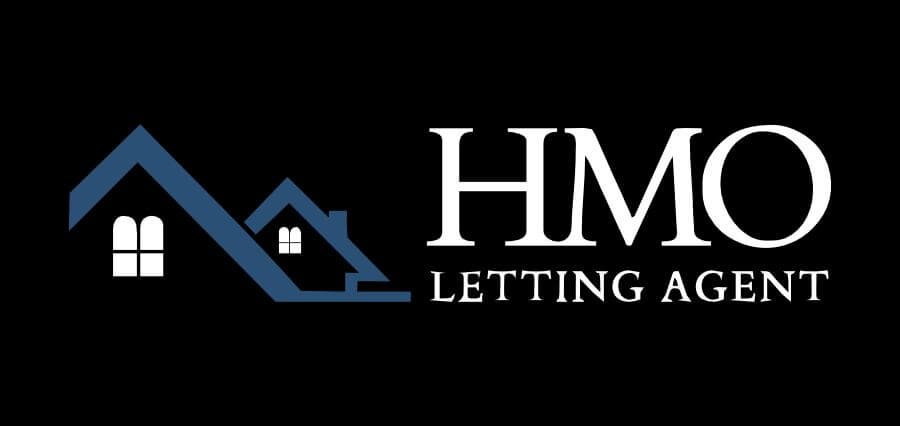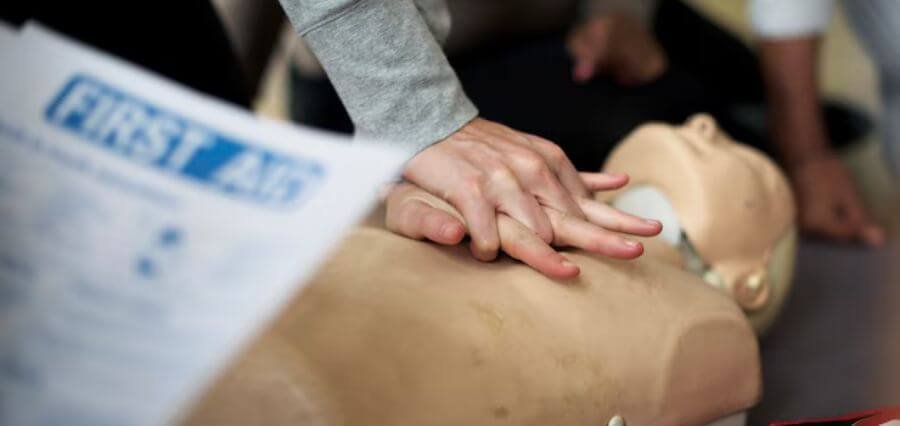Education plays a vital role in building a nation’s economy. It is of paramount importance that a country makes quality education one of its top priorities. Quality education is not the sole responsibility of the nation. Every individual should proactively engage in obtaining and facilitating at least basic education in order to grow as a responsible citizen.
On an individual level, there are a lot of things that can be done to figure out the lacking points in the education system of a country and take essential steps to countermeasure the limitations and come up with viable solutions. While inculcating valid methods, factors like affordable and voluntarily accessible education also need to be taken into account as the requirement of both is crucial for an economy’s growth. The socio-economic gap in the society of a particular country also determines its strength and stability in terms of literacy and a skill-based workforce. Hence, again the individual efforts by every person on a micro-level of every stratum of the society narrowed down to a community also count as a successful approach towards education.
One such person working with this approach in the most humanitarian way is Stacey Brewer, Co-founder and CEO of SPARK Schools. She has a Bachelor of Science degree in Human Kinetics, Ergonomics and Organizational Psychology from Rhodes University. She also obtained an MBA in Entrepreneurship cum laude from the Gordon Institute of Business Science (GIBS). At GIBS, she channelled her passion for education into her thesis. The thesis was focused on a sustainable financial model for economical private schools in South Africa. This research served as the foundation for the establishment of SPARK Schools.
It is a network of low-cost schools operating in South Africa. “We launched our first school in January 2013 with 160 children and 20 staff members,” says Stacey. Currently, it operates 21 schools, educates over 13000 children, and employs more than 1200 staff members altogether. “We aim to continue to open schools across the country,” she further adds.
She is one of the leading supporters of high-impact entrepreneurs around the world. Stacey is recognized and awarded a myriad of accolades. Here are a few of the mentions:
- ELLE Boss 2015
- Mail and Guardian Top 200 South Africans in 2014
- Glamour Business Women of the Year 2019
She is also a Mandela Washington Fellow 2015 (Barack Obama’s Flagship Fellowship) and a Tutu Fellow too.
Tackling the Struggles
As an entrepreneur, Stacey’s journey has had many challenges while building the business. To raise angel investment or seed capital in South Africa was quite a challenge for her, as the country is very risk-averse. “In our early stages as a start-up, it took some very progressive angel investors to invest in SPARK Schools,” shares Stacey.
People’s views and opinions on becoming an entrepreneur were not very appreciative or kind. “I often received feedback from people asking if I was starting a company because I could not find a real job,” explains Stacey. Also, looking for a team to join a start-up is a big challenge as per her experience. Most people find it safe to work for the big brands of the corporates rather than joining an organization where it is riskier at the early stages.
As one builds and grows a company, there are a huge amount of challenges and complexities along the way. There is a large focus on personal development to become a more effective and stronger professional. “This was the hardest, but the best thing that I have ever done, it is essential to work with strong and committed team members as well as have a strong support system at home,” Stacey opines.
To face these challenges head-on, her source of motivation has always been solving big problems and do things that no one else wants to do. “I have a great sense of responsibility in creating a better South Africa and I am currently aimed at doing this in the education sector in South Africa,” adds Stacey.
The country spends most of its budget and GDP on education and yet it is not ranked up to the mark across different competitiveness reports. Still, education in South Africa is in a dire situation. In the most recent Progress in International Reading Literacy Study (PIRLS) assessment, it stated that 78% of the Grade 4 students cannot read for meaning which is very disheartening. “At SPARK, we have an opportunity to change this and ensure that we can provide access to a high-quality education that is affordable to the country,” describes Stacey.
Ode to a Sparkling Future
SPARK schools offer to learn from Grade R to Grade 7 and recently opened its first high school, and welcomed its first Grade8 class, in January 2019. Its innovative blended learning model, globally competitive curriculum, and focus on core values along with social-emotional learning traits enable the network to lead the South African education sector. “SPARK scholars are persistent, responsible achievers who seek to better their country through service,” shares Stacey.
The school was invited to the Skoll World Forum 2013 to present alongside Salman Khan (Khan Academy), Sandy Speicher (IDEO) and Debra Dunn (Stanford University) on the panel, Blended Learning: The Proof and the Promise. Other awards and accolades received by SPARK Schools are:
- 2016 All Africa Business Leader Award (AABLA) – Innovator of the Year
- 2017 EY Entrepreneurial Winning Women
- 2019 Glamour Women of the Year (Business Category)
The vision of SPARK Schools is for South Africa to lead Global Education. Its aim is to transform the education sector in South Africa which will provide all children with an opportunity to access high-quality education. The school strives to help South Africa become a leading global player in delivering innovative learning models that facilitates great student achievement and is more cost-effective than a traditional model.“Our next big goal is to open another 28 schools over 5 years starting from 2021. We aim to operate 49
















